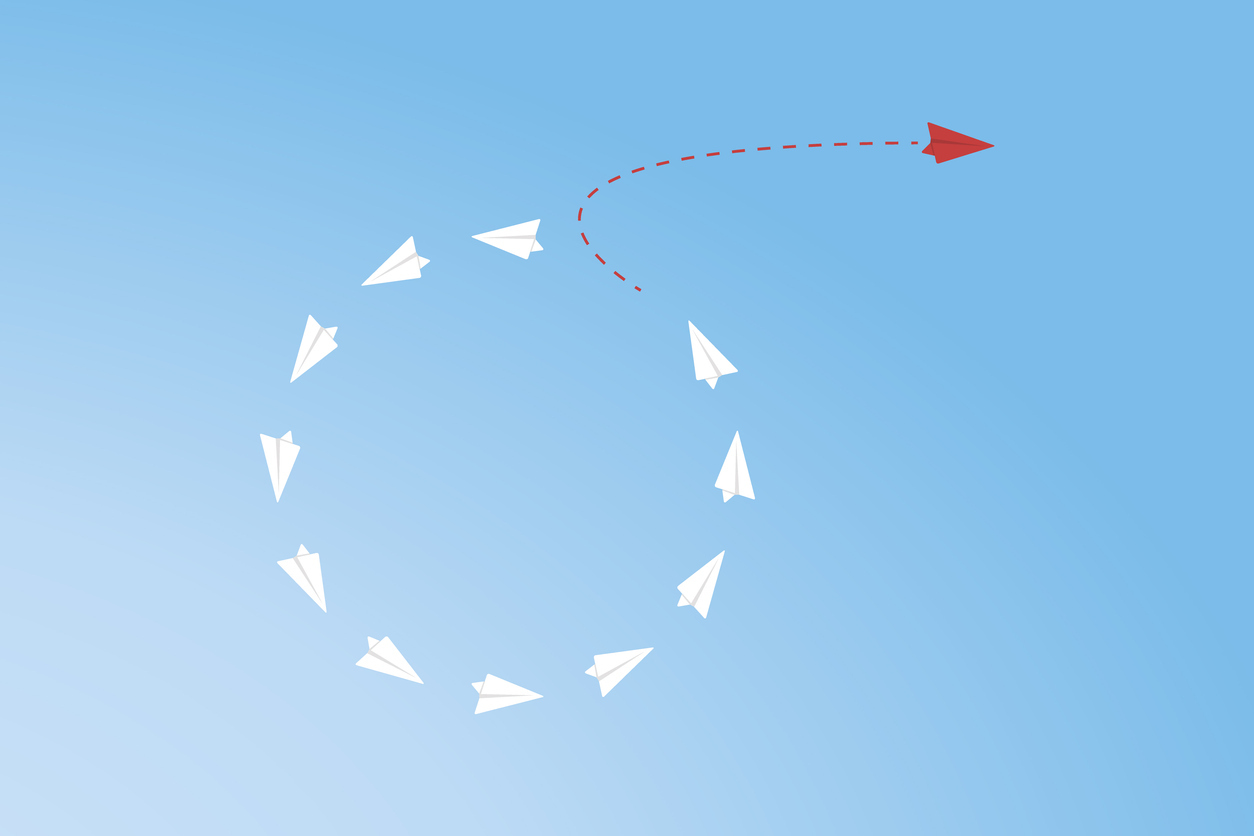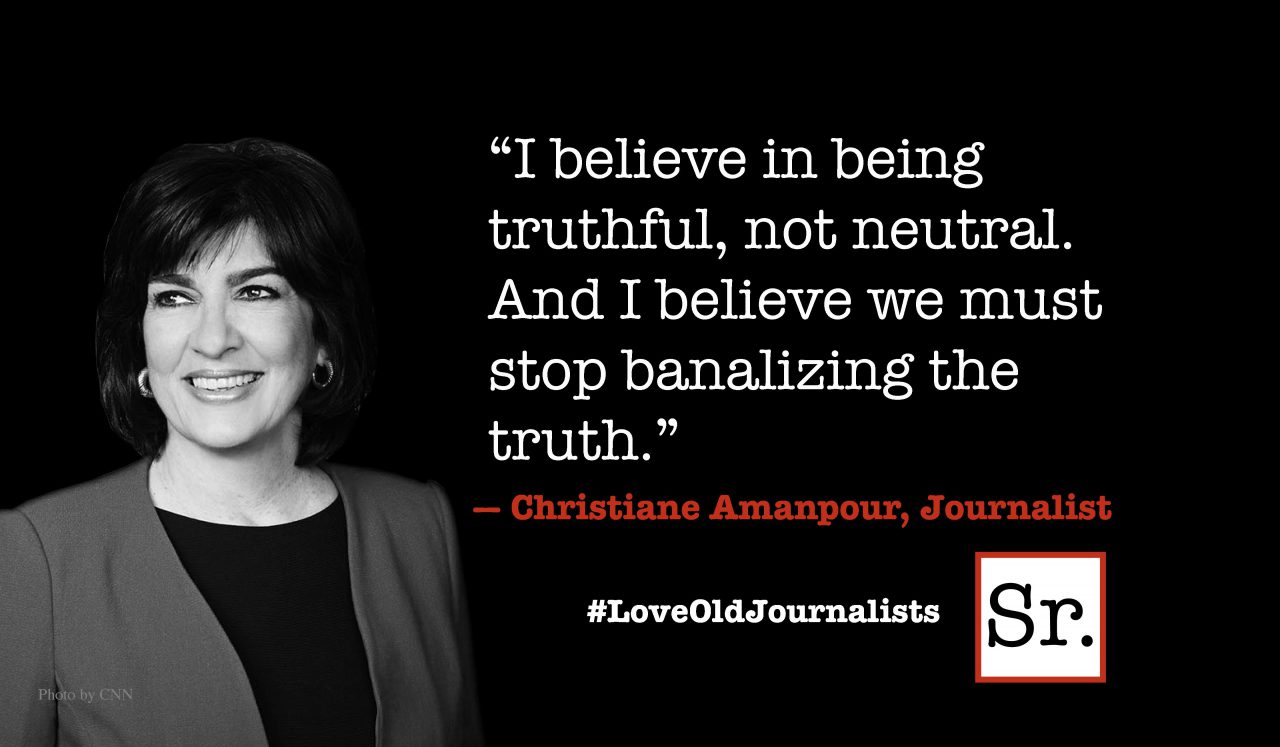Courage! It’s not a word I use very often or a concept to which I give a lot of thought. Undoubtedly, when I was young, I was as much a hero worshipper as any child of my generation. Superman, the Lone Ranger, Marshall Dillon, the President of the United States: At some point I wanted to be each in turn. Then, I’m not sure when or where, I learned that heroes have feet of clay. There really is no such thing as a hero in the classic sense portrayed by the myth and media of my youth.
It may be that the Vietnam War was a big turning point for me. Ironically, while some were touting the courage and heroism of our “brave boys in uniform,” others were questioning the justification for that conflict and, indeed, the very moral underpinnings of war. I really can’t tell you how I came to register as a conscientious objector as an 18-year-old in Boise, Idaho, in 1965. It was not a popular position in my high school, and I don’t think the local draft board got many requests, but there I was. Did it take courage? I suppose so, but I don’t remember thinking about it in those terms. It was just something I had to do. It felt like the right route for me.
My pastor/father, with whom I was never as close as I longed to be, died rather suddenly in 1964. He was (and, truth be told, still is) a hero for me. He voluntarily joined the Navy during World War II after his only brother was lost when his plane disappeared on patrol somewhere over the wilds of Alaska. He served as a Navy chaplain during the awful, bloody battle of Iwo Jima. There were pictures and some memorabilia, but he never talked about it. I’m not sure what he thought about courage and heroism, but he was clearly a member of the “Greatest Generation.”
Maybe the turning point for me was when my father died. Heroes leave you in the end. They die and disappear just like anyone else. That’s a hard, hard lesson to learn at a young age.
However, I did say my father was my hero and still is, not because of his voluntary military service, as courageous as that might have been, but for other reasons. To begin with, from my earliest days, his was the voice of God. He was the one who stood tall in the pulpit and proclaimed forcefully, in his rich baritone, the good news of Jesus Christ. His was the voice of authority, and everything in my environment conspired to help me see that he was good and righteous. He stood stalwartly for the truth and could do no wrong. I remember being wracked by the Jesus’ words, “Be ye perfect, as your father … is perfect.” Yes, the words “in heaven” were included, but I’m not sure how clearly I ever heard that part.
Of course, as I grew and matured I came to see that even my father had his limitations, his feet of clay. He was a good man, but he wasn’t perfect. So, he may not have been a hero in the classic sense, but that did not stop him for standing up for what he believed, even when he didn’t have to and he knew his stance would be unpopular with members of his congregation and the wider community.
As a conservative evangelical, born and raised in Louisiana, he spoke out in favor of the Supreme Court’s banning of prescribed prayer and Bible reading in public schools. Not a popular stand in conservative, Republican Idaho in 1962, but a cherished “Baptist belief” in the separation of church and state for him. He was an ardent ecumenist even when the National Council of Churches was accused of being a “Communist front” in the 1950s and 60s. And, most importantly, he was an outspoken advocate of the civil rights movement when and where he could just as easily have stayed silent. I was reminded recently that he read Martin Luther King’s “Letter from the Birmingham Jail” from the pulpit of the First Baptist Church of Boise, Idaho, in 1963.
Courage? Yes, I suppose it took courage to speak up like that, but for me and, I think, for him, it was more a matter of doing what was right. It was a function of following Jesus and believing in the good news of God’s Beloved Community. There’s a song that comes from the church in India that sings, “I have decided to follow Jesus, no turning back, no turning back.” Does that take courage? I suppose it does. I know it’s right for me. I learned that much from my father, hero or not.









